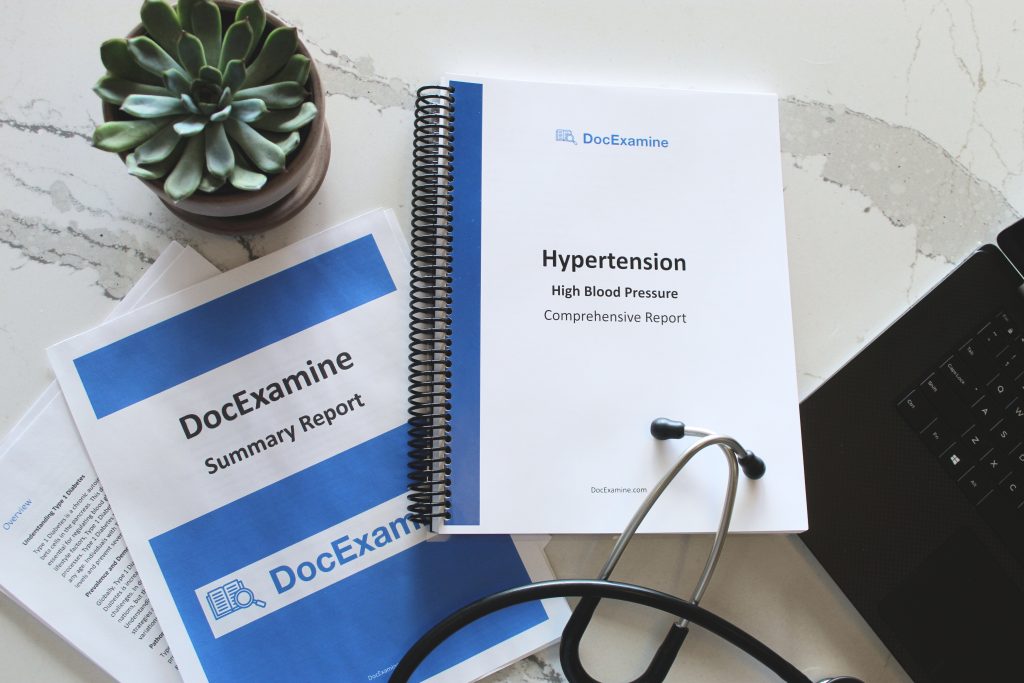
High blood pressure (or hypertension) is a common condition affecting millions worldwide. Many wonder if having high blood pressure is simply “in the family” or if lifestyle can significantly influence the risk. In this post, we’ll explore the role of genetics in hypertension and discuss how making smart lifestyle changes can mitigate inherited risk.
The Genetics Behind High Blood Pressure
What Does “Hereditary” Mean in This Context?
Research shows that genetics do play a role in determining your blood pressure. Studies have found that if one of your parents has hypertension, your chance of developing high blood pressure increases to about 25%. If both parents are hypertensive, that risk may rise to around 50%. However, while a family history can increase your predisposition, it isn’t a guarantee that you will develop hypertension.
The Role of Genes
Scientists have identified numerous genetic variants that contribute to blood pressure regulation. In many cases, these genes influence how your body handles sodium, how your blood vessels contract, and how your kidneys manage fluid balance. Although these genetic factors are non-modifiable, understanding them can help personalize treatment and prevention strategies.

Lifestyle Factors That Influence Blood Pressure
Even with a genetic predisposition, your lifestyle choices have a powerful impact on your blood pressure. Here are some key factors:
Diet and Sodium Intake
A diet high in salt can cause your body to retain fluid, leading to increased blood pressure. The Dietary Approaches to Stop Hypertension (DASH) diet emphasizes fruits, vegetables, whole grains, and lean proteins while limiting sodium intake. Research shows that reducing salt and increasing potassium-rich foods can help counteract genetic risk factors.
Physical Activity
Regular exercise strengthens your heart and helps maintain flexible blood vessels. Aerobic activities—like walking, swimming, or cycling—have been shown to lower blood pressure naturally. Even moderate exercise can offset some of the genetic risks by improving overall cardiovascular health.
Weight Management
Excess weight forces your heart to work harder and is a well-known risk factor for high blood pressure. Maintaining a healthy weight through balanced nutrition and regular physical activity is crucial, even if you have a family history of hypertension.
Stress Reduction
Chronic stress can temporarily raise blood pressure and contribute to long-term cardiovascular risks. Techniques such as meditation, deep-breathing exercises, and yoga can help manage stress levels, reducing one of the potential environmental triggers for hypertension.

How to Mitigate Your Inherited Risk
Even if high blood pressure runs in your family, you can still take proactive steps:
- Monitor Your Blood Pressure: Regular monitoring—both at home and during routine check-ups—helps detect early changes. Home monitors, when used correctly, can provide an accurate picture of your blood pressure throughout the day.
- Adopt a Heart-Healthy Diet: Embrace diets like DASH to lower sodium and boost intake of nutrients that help control blood pressure.
- Stay Active: Aim for at least 150 minutes of moderate aerobic exercise per week.
- Maintain a Healthy Weight: Even modest weight loss can significantly reduce blood pressure levels.
- Manage Stress: Incorporate stress-reduction techniques into your daily routine.
- Limit Alcohol and Caffeine: Reducing intake can help keep your blood pressure in check.
- Regular Medical Check-Ups: Early intervention is key. If your blood pressure trends upward, work with your healthcare provider to adjust your lifestyle or treatment plan accordingly.

When Should You Seek Medical Help?
Even if you have a family history of hypertension, lifestyle changes can keep your numbers in a healthy range. However, if you notice consistent readings above the normal range (around 120/80 mmHg for most adults) or experience symptoms such as severe headaches, shortness of breath, or chest pain, it’s important to consult a healthcare provider. Early diagnosis and intervention can prevent complications like heart disease, stroke, and kidney damage.
Final Thoughts
While genetics can increase your risk for high blood pressure, they do not seal your fate. Lifestyle factors such as diet, exercise, weight management, and stress reduction have a significant influence on your cardiovascular health. By combining regular monitoring with proactive lifestyle changes, you can mitigate inherited risks and maintain a healthier blood pressure level.
Taking charge of your health starts with understanding your numbers and knowing that even if hypertension runs in your family, you have the power to change your risk.
Sources
- Clinic Barcelona – Frequently Asked Questions About High Blood Pressure (clinicbarcelona.org)
- HealthInAging.org, “What to Ask: High Blood Pressure” (healthinaging.org)
- American Heart Association, “What is High Blood Pressure?” (heart.org)
- WebMD, “Frequently Asked Questions About High Blood Pressure” (webmd.com)





